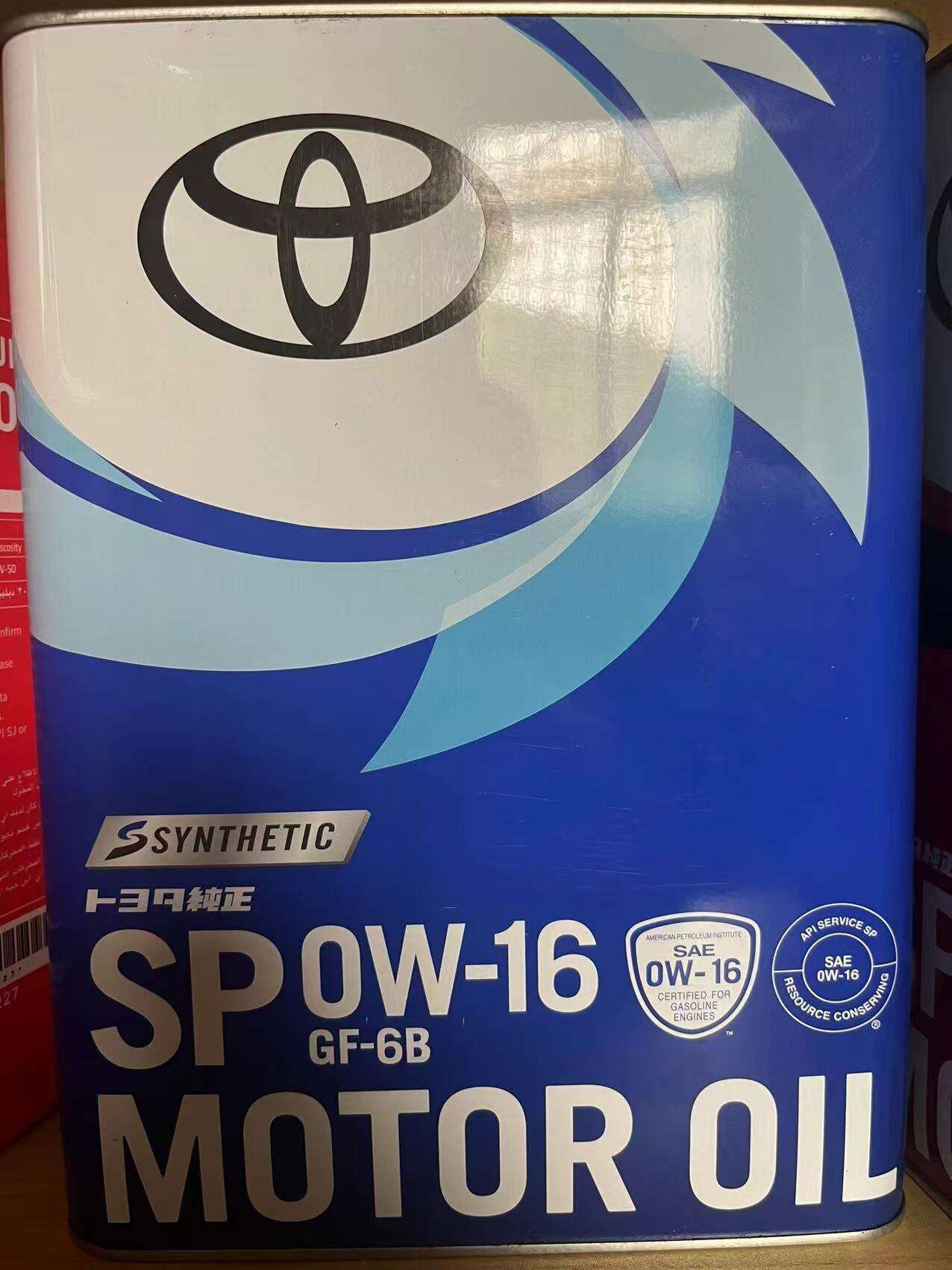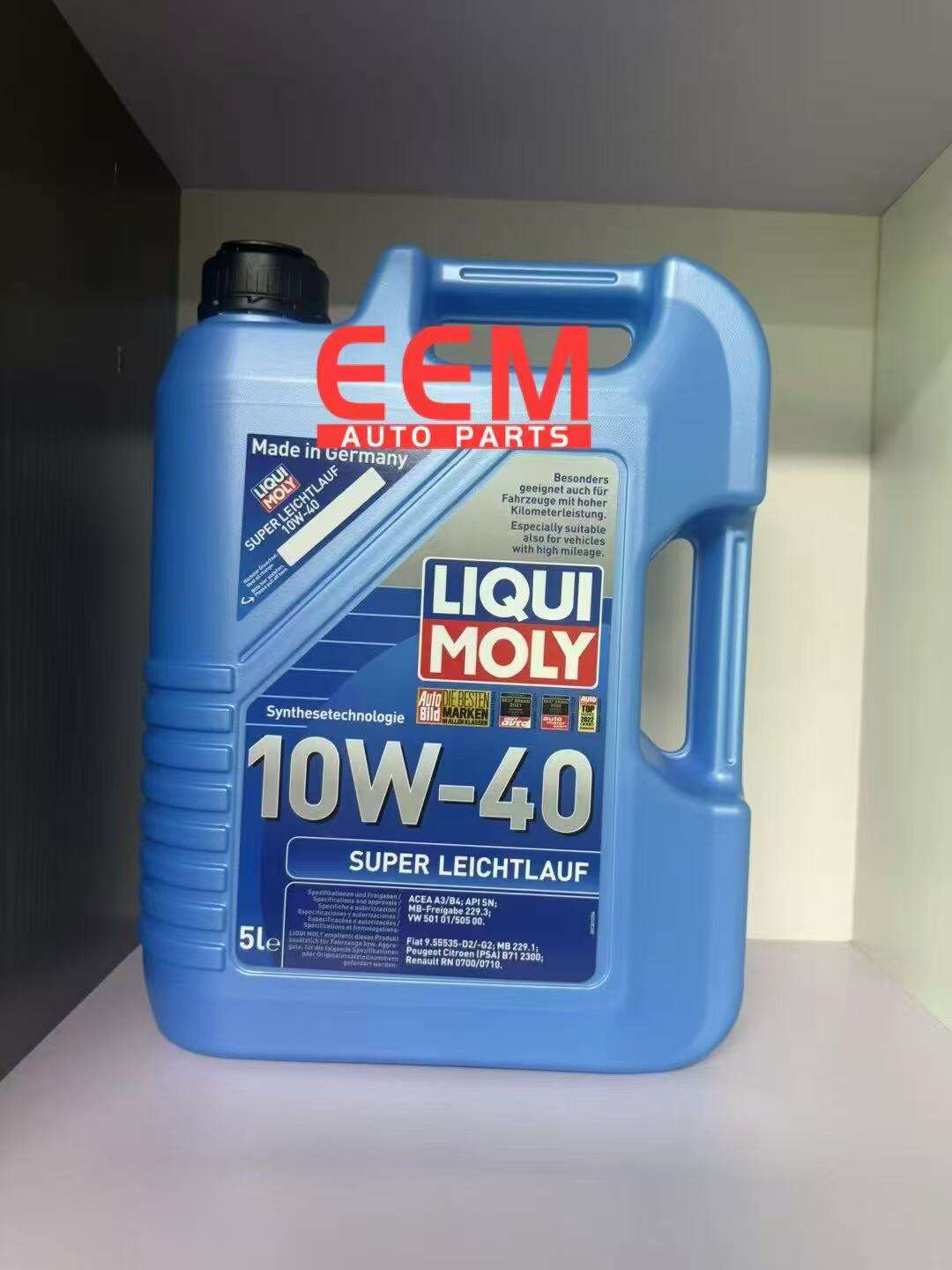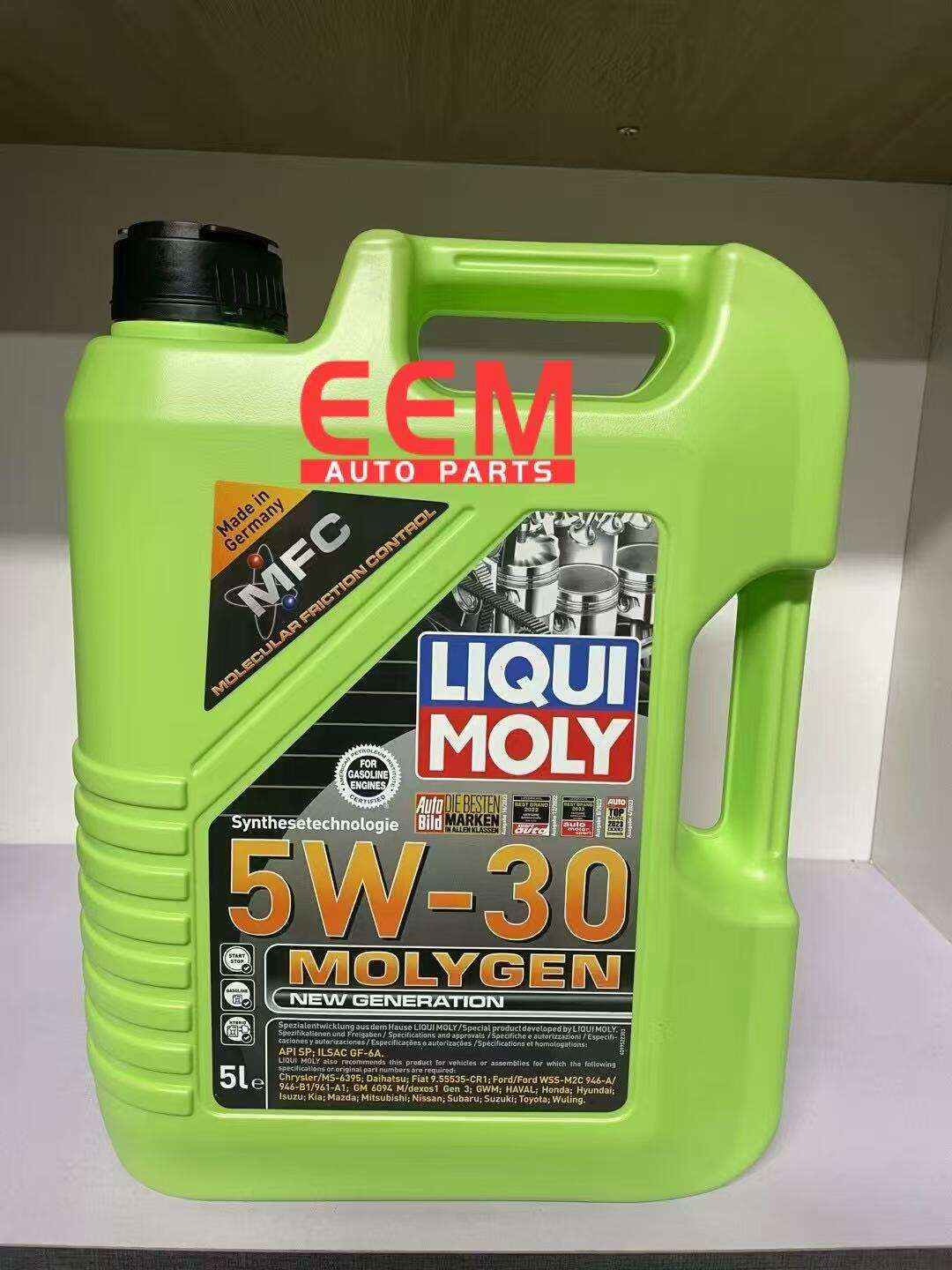newest car oil types
Modern car oil technology has evolved significantly, introducing advanced synthetic formulations that provide superior engine protection and performance. These newest oil types incorporate molecular engineering to create uniform synthetic molecules, ensuring consistent performance across extreme temperature ranges. The latest innovations include adaptive viscosity modifiers that automatically adjust oil thickness based on engine conditions, and friction-modified additives that reduce internal engine wear by up to 40% compared to conventional oils. Smart molecules in these oils actively seek out and protect critical engine components, forming a resilient protective layer that maintains integrity even under high-stress conditions. These oils also feature enhanced oxidation resistance, extending oil life by up to 50% longer than traditional formulations. Advanced detergent technologies help keep engines cleaner by preventing deposit formation and removing existing buildups. Additionally, these new oils are specifically designed to be compatible with modern engine technologies, including turbochargers and direct injection systems, while meeting stringent environmental standards for reduced emissions and improved fuel efficiency.


